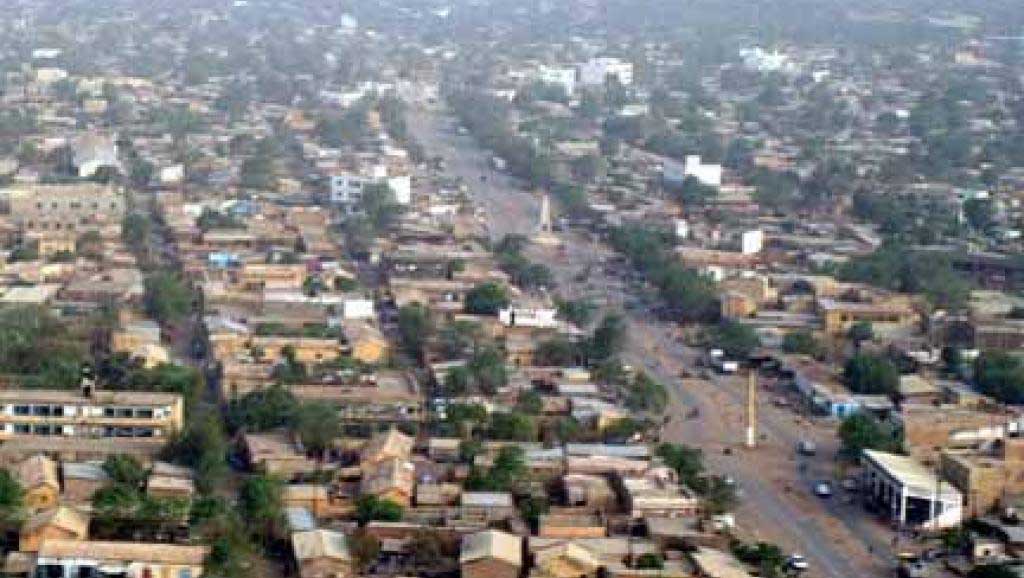More than 100 people died in Mali due to an extreme heat wave that hit the country last month.
Mali is reeling from a devastating heatwave that has claimed over 100 lives, with temperatures soaring to a scorching 48.5 degrees Celsius in some regions of the country, according to Al Jazeera. Meteorologists have declared the recent heatwave as the most extreme weather event in African history, with the city of Kayes in the southwestern region recording a temperature of 48.5°C on April 4. The blistering heat has overwhelmed healthcare facilities in Bamako, where doctors are grappling with an influx of patients suffering from heat-related illnesses, according to media reports.
A doctor in Bamako told to Al Jazeera that they are resorting to using ice packs and air conditioning to lower the body temperatures of patients, many of whom present with fevers exceeding 40 degrees Celsius upon admission. Reports from local media indicate that the majority of the fatalities were people over the age of 60 and those with pre-existing health conditions. However, other sources suggest a higher death toll, with estimates reaching over 250 deaths within a span of three days. The Malian government, through the state broadcaster Office de Radio et Television du Mali (Ortm), has issued cautionary advisories. The government also reduced schooling hours across the country in order to protect children from the extreme temperatures.
Mali is not the only country grappling with the adverse effects of rising temperatures. Across the globe, countries such as the Philippines and Vietnam are also experiencing unprecedented heatwaves. According to CCN, hundreds of schools in the Philippines have suspended classes as daily temperatures soar past 42 degrees Celsius, while Vietnam declared a state of emergency following the drying up of rice fields due to extreme heat. In Cameroon, the three Northern regions have been severely affected by the soaring temperatures, with mercury levels exceeding 40 degrees Celsius.

